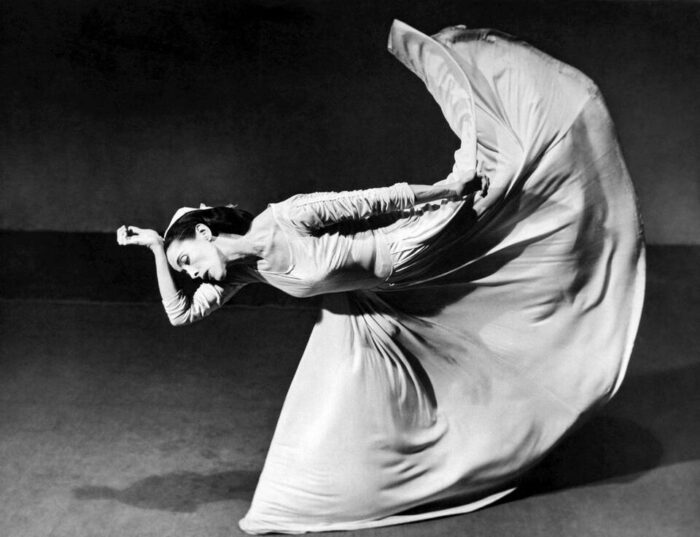My favorite part of Bruce Springsteen’s memoir
I recently finished Bruce Springsteen’s memoir Born to Run. Below is what resonated with me and motivated me most:

Bruce Springsteen wrote in his memoir Born to Run about discovering the guitar growing up in a working-class New Jersey neighborhood. The day after seeing Elvis on the Ed Sullivan Show, “I convinced my mom to take me to Diehl’s Music on South Street in Freehold. There, with no money to spend, we rented a guitar. I took it home. Opened its case. Smelled its wood (still one of the sweetest and most promising smells in the world), felt its magic, sensed its hidden power. I held it my arms, ran my fingers over its strings, held the real tortoiseshell guitar pick in between my teeth, tasted it, took a few weeks of music lessons … and quit. It was TOO FUCKIN’ HARD! … Frustrated and embarrassed, shortly, I told my mom it was a no-go. There was no sense wasting her hard-earned cash.”
But he persisted. Later, shopping for a guitar: “I saw a price tag hanging off of one funky brown model that read ‘Eighteen dollars.’ Eighteen dollars? That was more money than I had ever held in my hand at one time. A lot more.” So he worked until he earned the money: “Me and my twenty dollars went straight downtown. The salesman pulled my ugly brown dream out of the window and snipped off the price tag, and it was mine.” Even before he learned he was supposed to tune the guitar, “For the next two weeks, until my fingers screamed for mercy, I worked up a whole repertoire of non-tunes to be played on an untuned guitar.”
Today, he can sell out a stadiums ten nights in a row in hours. Billions of people know his music. Millions have been touched and influenced.
You don’t have to reach global fame to benefit from loving your craft and devoting yourself to it. My mom’s sister, Aunt Ellen, discovered the guitar growing up on a farm in South Dakota. All she had to learn from was a few scratchy records on a cheap record player. She played until her fingers screamed for mercy too. Decades later, when I visited her family, her husband and two sons all played instruments and sang. Performing together around their community brought them closer. They had fun and made some money too.
By contrast, I needed others to learn the sport of Ultimate Frisbee. I enjoyed playing it with friends in high school. Our school didn’t have a program so we didn’t know there were basics to be practiced. I only learned to love the sport in college, when coaches and senior players had us run drills and exercises to learn the basics. If you’re like me, you may benefit from learning more from others, maybe taking classes, before starting practicing.
When I took salsa dance lessons, I told my teacher I wanted to learn how to lead spin moves. She said okay and started showing me the footwork. I stopped her and asked, “but what do I do with my hands?”, since it was obvious to me that my hands were how I led my partner. But she kept showing me the footwork and paying attention to the beat. I didn’t get it so just sort of played along with her. After practicing enough, it hit me: “Oh, it’s in the footwork! I have to lead myself first, then I can lead my partner.” That’s the value of practicing the basics.
The great dancer Martha Graham described the results of deliberate practice:
Your goal is freedom. But freedom may only be achieved through discipline. In the studio you learn to conform, to submit yourself to the demands of your craft, so that you may finally be free.
Here’s Martha Graham:

Read my weekly newsletter

On initiative, leadership, the environment, and burpees